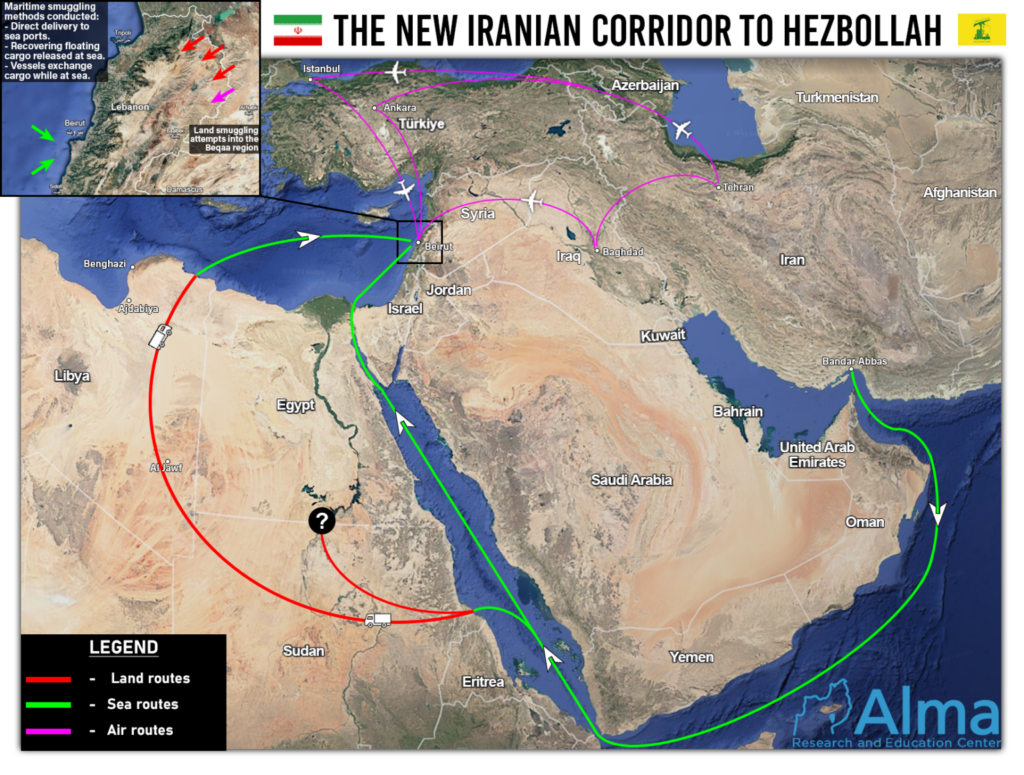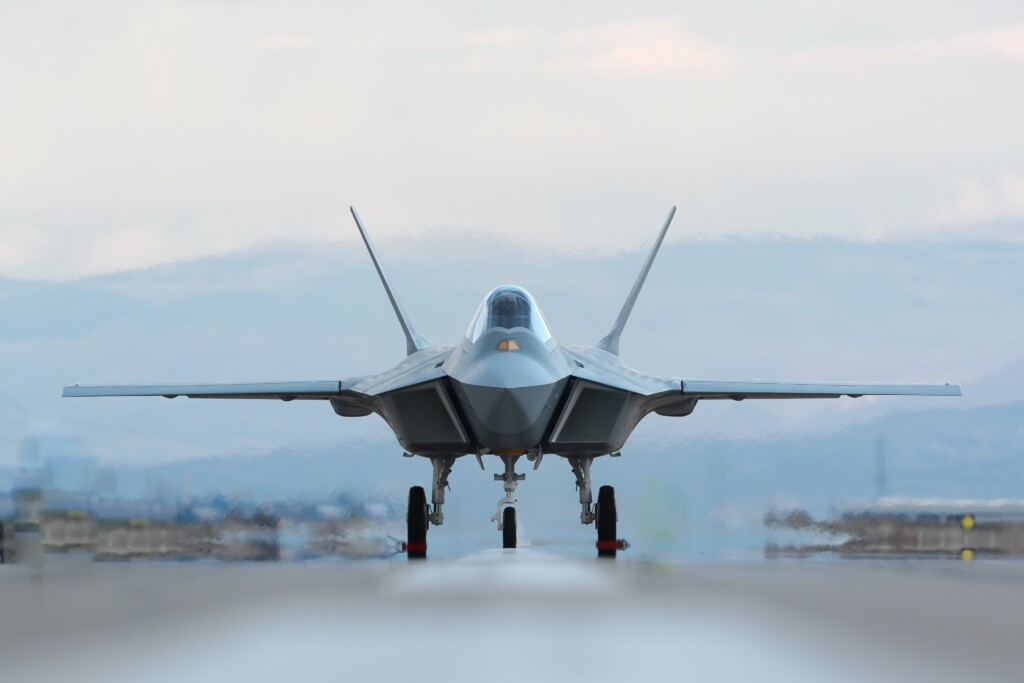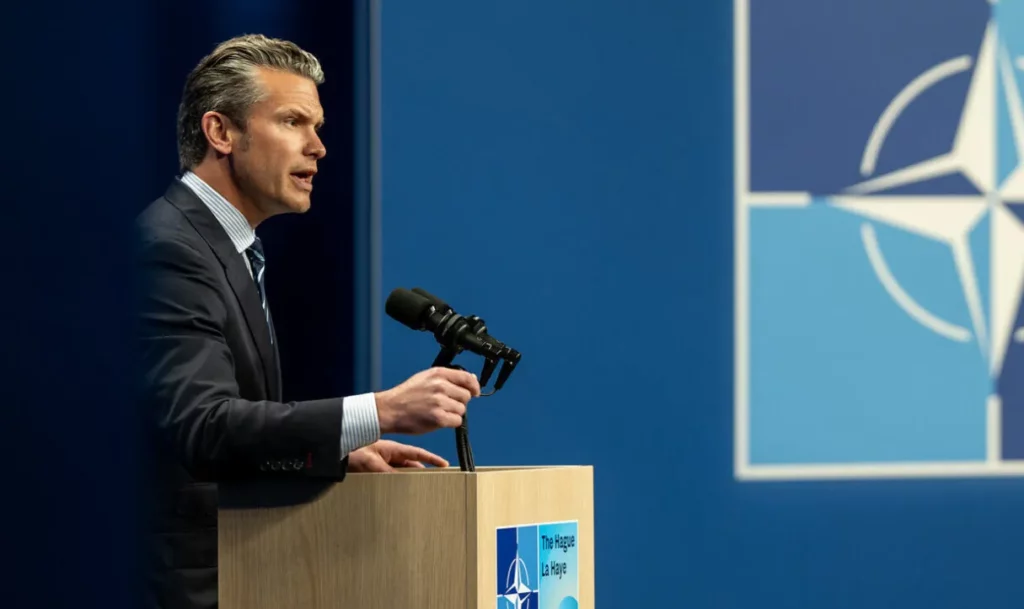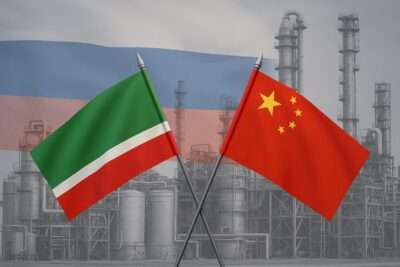Iranian leaders face fundamental questions about their strategy and military priorities in the aftermath of the Israel-Iran war. They failed to deter US and Israeli strikes or to defend their airspace, giving Israeli forces the freedom to strike a wide range of critical targets across Iran. Iranian missile forces failed to penetrate Israeli air defenses at any significant scale, preventing Iran from imposing a serious cost on Israel for its strike campaign. These events represent a complete failure of Iranian security policy, which has long focused on deterring and defending against a conventional attack by the United States and Israel. Iranian leaders must now rethink their military approach fundamentally, which could change how they wield the forces at their disposal. They could, among other things, reconsider the division of responsibilities between their two military institutions: the Islamic Revolutionary Guards Corps (IRGC) and the conventional military known as the Artesh. Tehran has traditionally assigned its most critical missions to the IRGC but could increasingly look to the Artesh in the months and years ahead, especially given how poorly the IRGC fared in the recent fighting. This report examines the order of battle of the Artesh Ground Forces to inform the public discourse ahead of any major changes to Iranian security policy.







